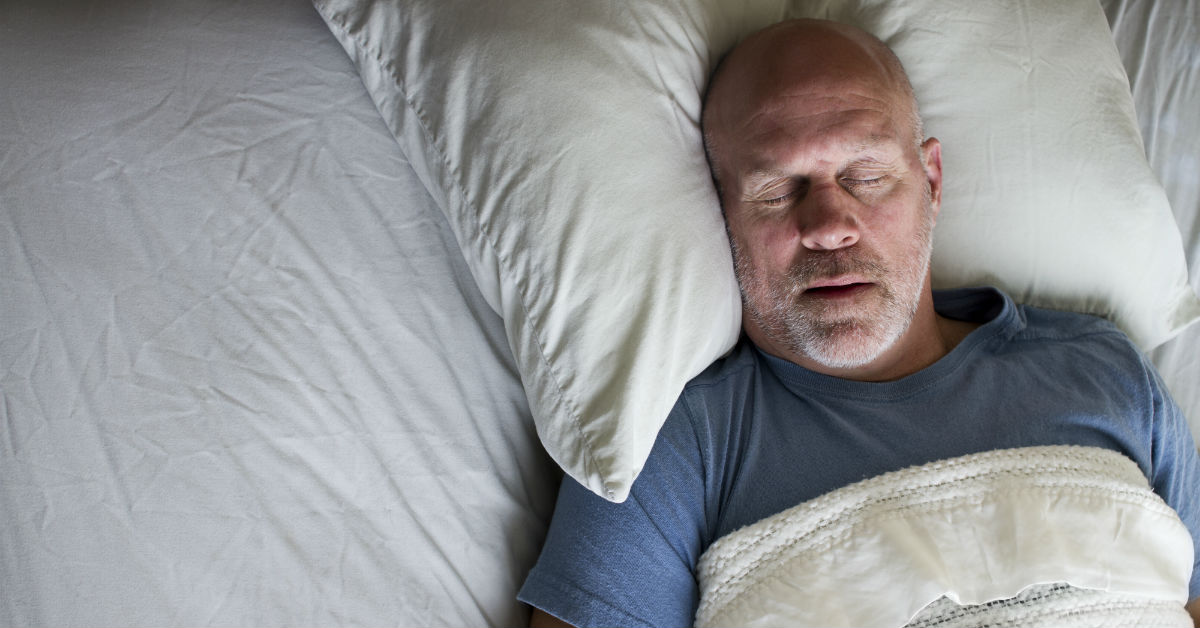
Let’s play trivia. What do Carrie Fisher of “Star Wars,” James Gandolfini of “The Sopranos,” the Grateful Dead’s Jerry Garcia and Green Bay Packers great Reggie White have in common?
Obstructive sleep apnea – in some cases undiagnosed – may have contributed to the sudden cardiac arrests that caused their deaths.
There’s nothing trivial about the dangers of obstructive sleep apnea.
Even a moderate case of the common sleep disorder may increase the risk of sudden cardiac death, according to a study published in the Journal of the American College of Cardiology.
Sudden cardiac arrest is a swift, unexpected loss of heart function, breathing and consciousness. Without immediate treatment via CPR or an automated external defibrillator, it can cause death. An estimated 450,000 Americans die of sudden cardiac arrest every year.
Obstructive sleep apnea occurs when throat muscles block the airway while sleeping. That causes breathing to stop and start repeatedly, often for 10 seconds or longer at least five times per hour. Symptoms can include loud snoring, choking or gasping while sleeping, and morning drowsiness.
In the 16-year study, almost 11,000 adults in Minnesota were tested for sleep disorders. Of that group, 78% -- three of every four adults – were diagnosed with obstructive sleep apnea and thus significantly more likely to experience sudden cardiac death than those without sleep apnea. People with low blood oxygen levels while sleeping were at the greatest risk for sudden cardiac death.
Obstructive sleep apnea is just one condition that may increase the risk for sudden cardiac death. Other risk factors include heart disease, a history of heart attack, increased age, high blood pressure, heart failure and irregular heart rhythm.
Sleep apnea also can be a factor in other heart conditions, including high blood pressure, atrial fibrillation and heart attacks.
“We don’t treat obstructive sleep apnea, but we certainly see how it affects the heart,” says Dr. Ciprian Nedelcu, a cardiologist with Aurora BayCare Cardiology in Green Bay and Marinette. “For that reason alone, we encourage people who’ve had sleep apnea symptoms to be evaluated and treated for it.”
Here’s how to do that: Someone showing symptoms of obstructive sleep apnea should talk to their primary care provider, who can make a referral for a sleep study. That’s the first step in diagnosing and treating sleep apnea.
BayCare Clinic specialists who treat sleep apnea after a diagnosis include:
- Robert Sonnenburg of BayCare Clinic Ear, Nose & Throat, who is board certified by the American Board of Otolaryngology in sleep medicine.
- The oral surgeons of Oral & Maxillofacial Surgeons BayCare Clinic, who are board certified by the American Board of Oral and Maxillofacial Surgery.